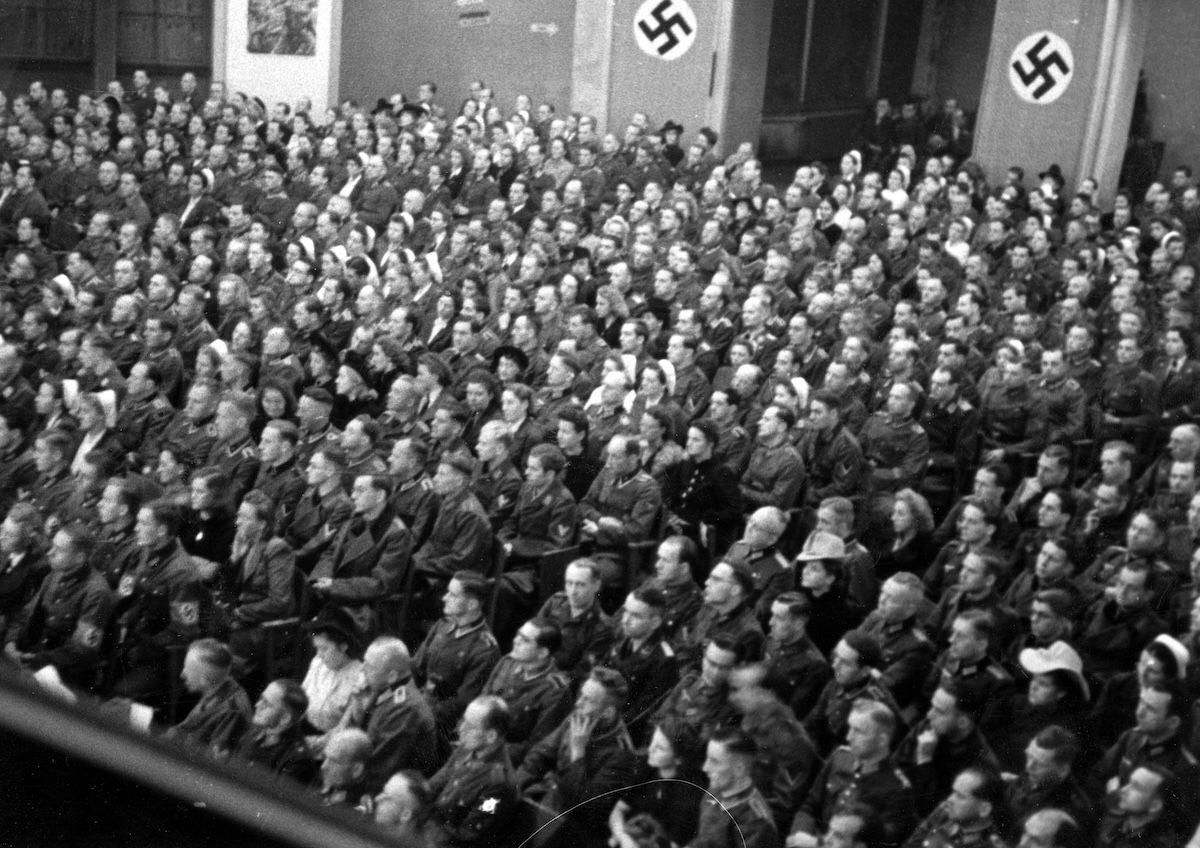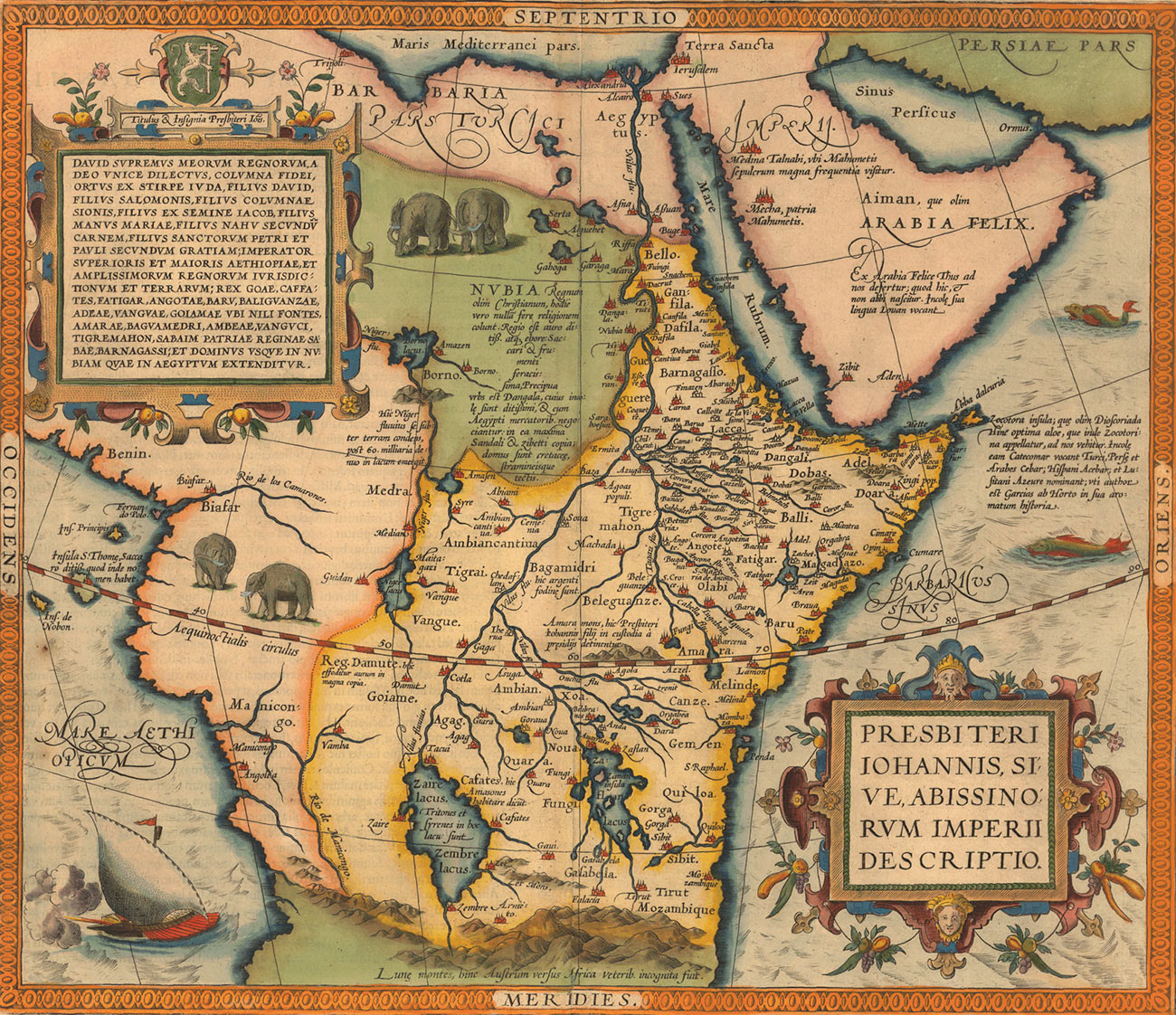Tulipmania: An Overblown Crisis?
Historians have overplayed the extent of the moral, social and economic impact of the 17th-century craze for trading tulip bulbs. The original Dutch sources reveal a much more subtle cultural turning point behind its collapse in 1637.











